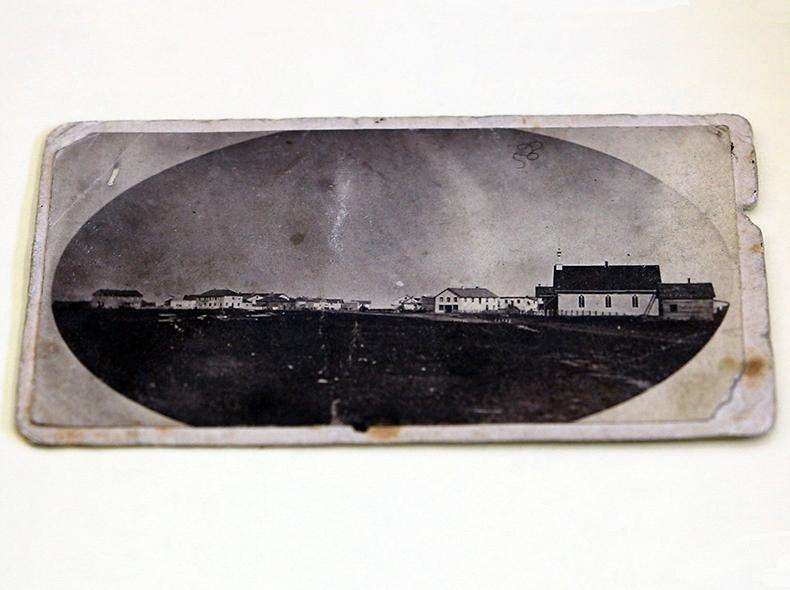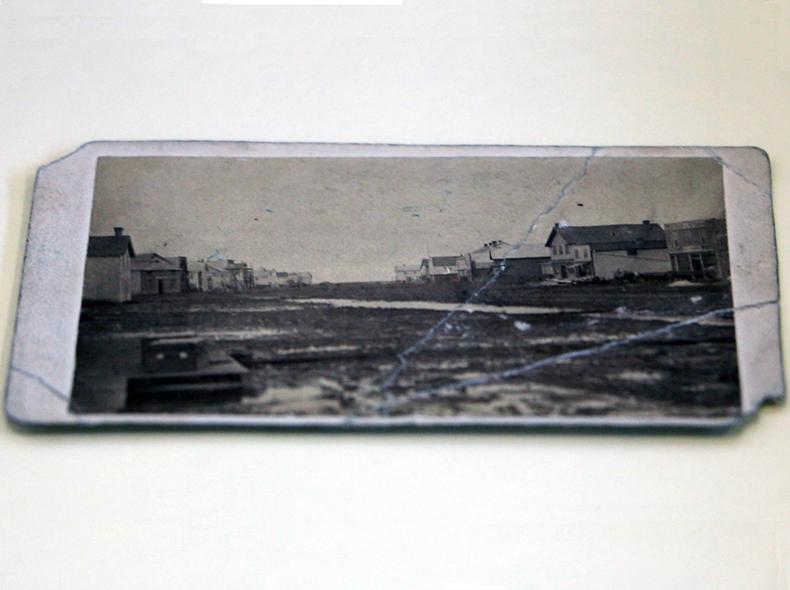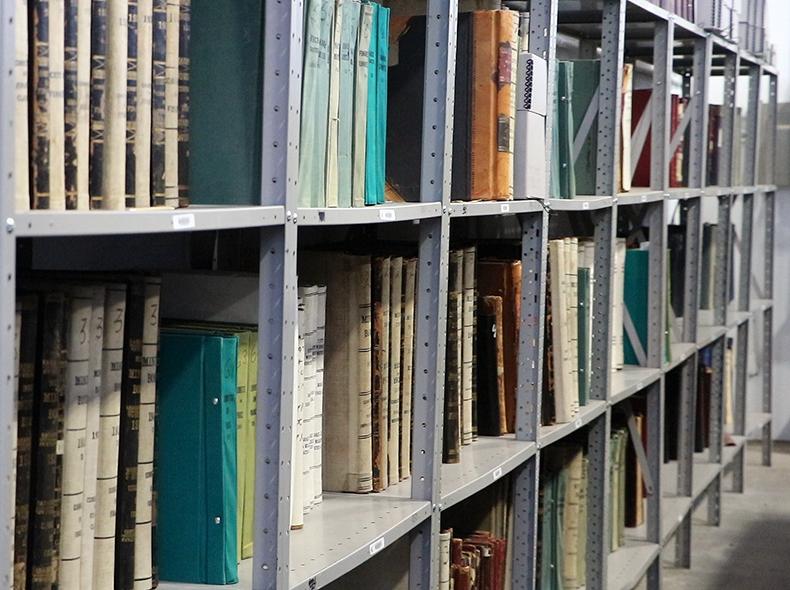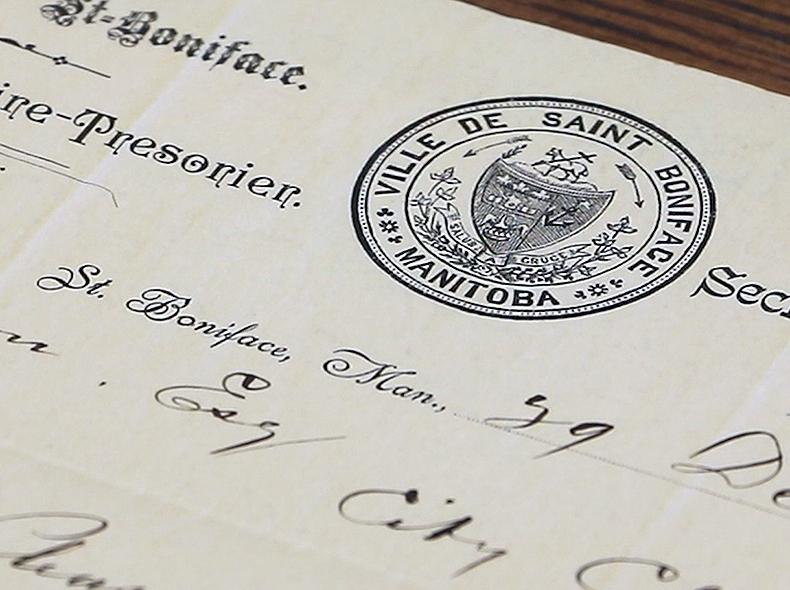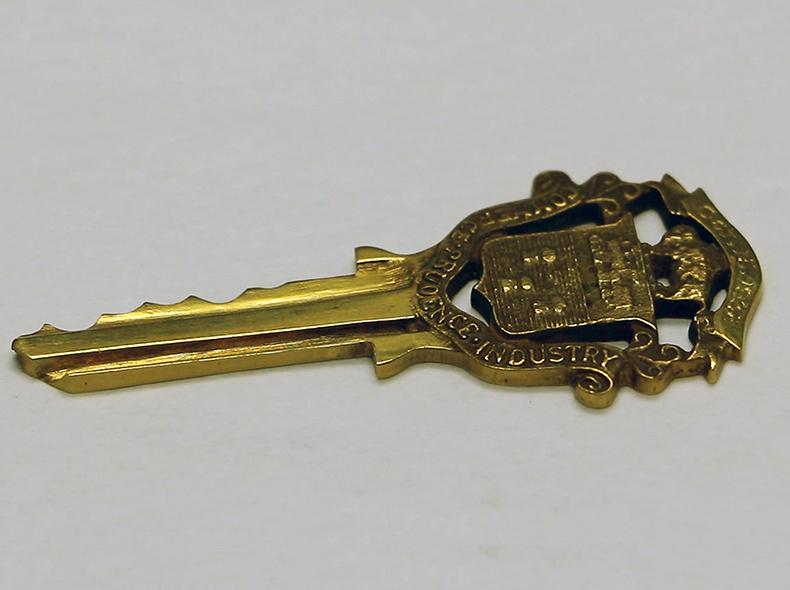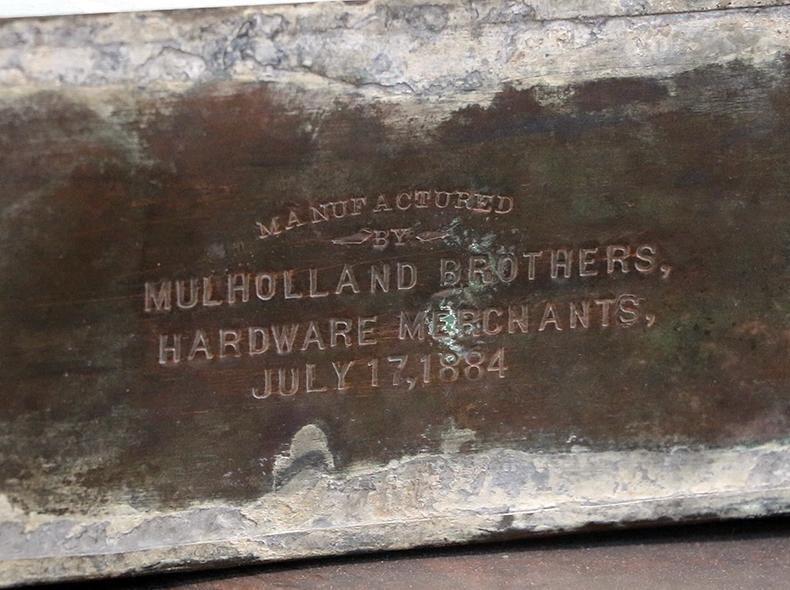A simple request for a cupboard 150 years ago helped start the City of Winnipeg Archives. Since then, the municipal collection has grown to one of the most complete in Canada.
“This didn’t happen by accident. It happened because people saw the value of keeping records,” said Sarah Ramsden, Senior Archivist at the City of Winnipeg.
At that time, City Council directed the newly appointed City Clerk, A.M. Brown, to find the cupboard for the City’s corporation papers.
“The following year, Council authorized Brown to get two or more tin or steel iron boxes to hold papers and documents for the year 1874,” said Ramsden.
There are around 10,000 linear feet of records stored in the archives building on Myrtle Street. Even more records are kept at the Corporate Records Centre.
There are Council Minutes going back to 1874 as well as by-laws, assessment rolls, photographs, drawings, maps, letters, and artifacts. The artifact collection includes time capsules recovered from City buildings, souvenir pins, keys to the city, and dream catchers that were gifted to us.
While civic records date back to 1874, the oldest items in the collection are a pair of photographs taken in 1871 and 1872 of Main Street. They were given to us by a former resident in 1924 to mark Winnipeg’s 50th anniversary.
“We are responsible for keeping material with enduring value,” said Ramsden. “This means only records that document key decisions, events, or trends end up in the archives.”
Also included in the collection are records associated with other municipalities, including St. Boniface, Transcona, and Charleswood, prior to amalgamation. They were transferred to us as a central place for safekeeping.
“These records help to tell the story of people across Winnipeg coming together to form one city with many voices,” said Ramsden.
In addition to having records of municipal governments, the archives include material from community organizations and individuals who have contributed to the development and identity of the city.
“Acquiring records from a variety of sources helps us to tell inclusive stories about our past that reflect the richness and diversity of experiences in Winnipeg,” said Ramsden. “We are honoured to continue the legacy of safeguarding this history.”
To learn more about Winnipeg’s history, visit the Winnipeg Archives and view its new digital exhibit.
Learn more about how we’re marking 150 years as a city
Originally published on February 13, 2020.

